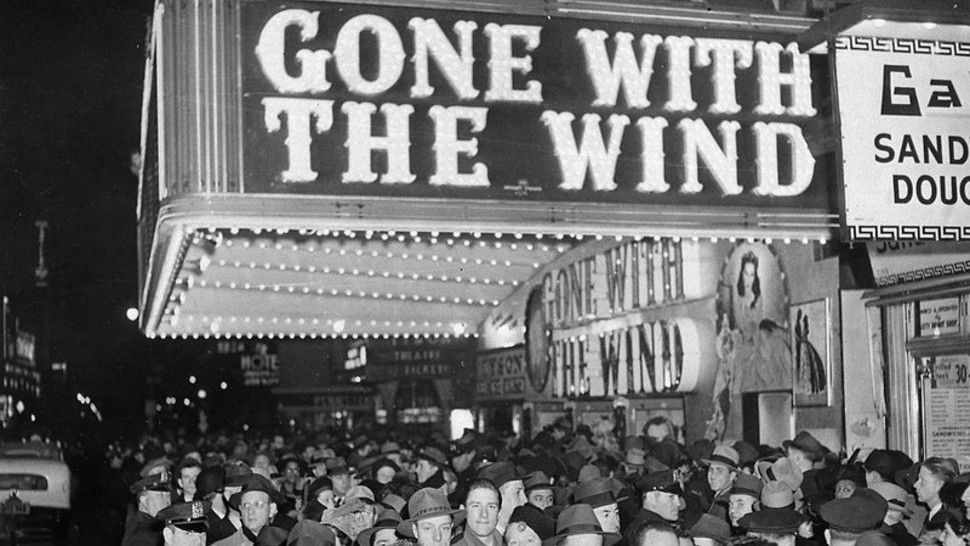NATIONWIDE -- It won eight Academy Awards, including best picture in 1940. It’s widely considered a classic of American cinema, and in 1989 the Library of Congress selected it for preservation in the National Film Registry. Adjusted for inflation, it remains the highest-grossing film in history.
Still, 1939's “Gone With the Wind” has been criticized for depicting Civil War myths and black stereotypes.
On the heels of the death of George Floyd and Black Lives Matter protests, HBO Max has temporarily removed the film from its streaming library.
Why temporarily? HBO Max said Wednesday it plans to add historical context to the film before again making it available in its entirety.
The move also follows an op-ed Monday in the Los Angeles Times in which filmmaker John Ridley wrote, in part, the film “romanticizes the Confederacy in a way that continues to give legitimacy to the notion that the secessionist movement was something more, or better, or more noble than what it was — a bloody insurrection to maintain the ‘right’ to own, sell and buy human beings.”
So what’s the problem with “Gone With the Wind”? If you haven’t seen it, the film depicts slave characters who remain loyal to their former owners after the abolition of slavery.
“Gone With the Wind” is among a number of films criticized for an inaccurate or racist depiction of the South during Reconstruction. Members of the Ku Klux Klan are depicted as heroes in 1915’s “The Birth of a Nation.” The 1964 Disney film “Song of the South” has been criticized as racist and offensive and has not been released on any home video format in the United States.
Based on a 1936 novel of the same name by Margaret Mitchell, “Gone With the Wind” is a historical epic that chronicles a romance between Rhett Butler (Clark Gable), a gambler who joins the Confederacy, and Scarlett O’Hara (Vivien Leigh), the daughter of a Georgia plantation owner.
WarnerMedia, which owns HBO Max, issued a statement, calling “Gone With the Wind” a “product of its time” and wrote, in part: “These racist depictions were wrong then and are wrong today, and we felt that to keep this title up without an explanation and a denouncement of those depictions would be irresponsible.”
In addition to racism and an inaccurate presentation of the Reconstruction, “Gone With the Wind” has been criticized for its depiction of marital rape.
The Associated Press contributed to this report.






